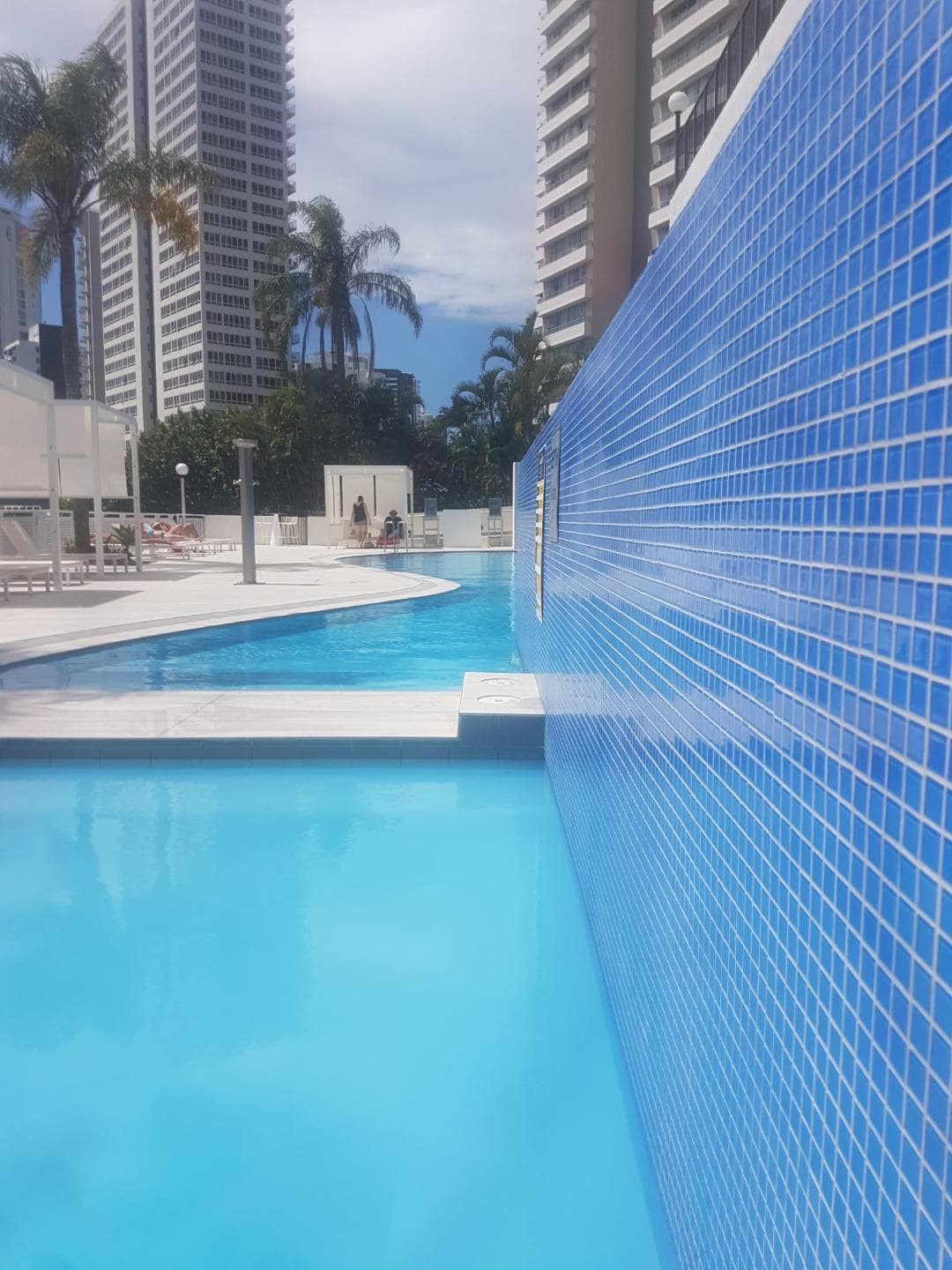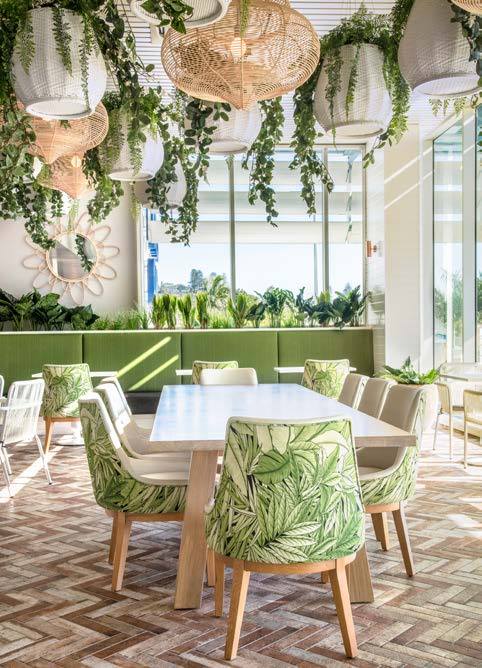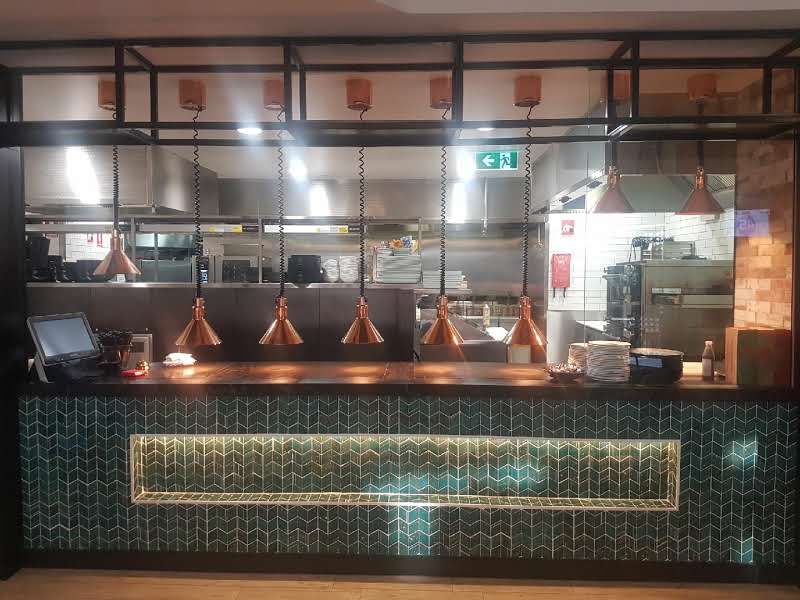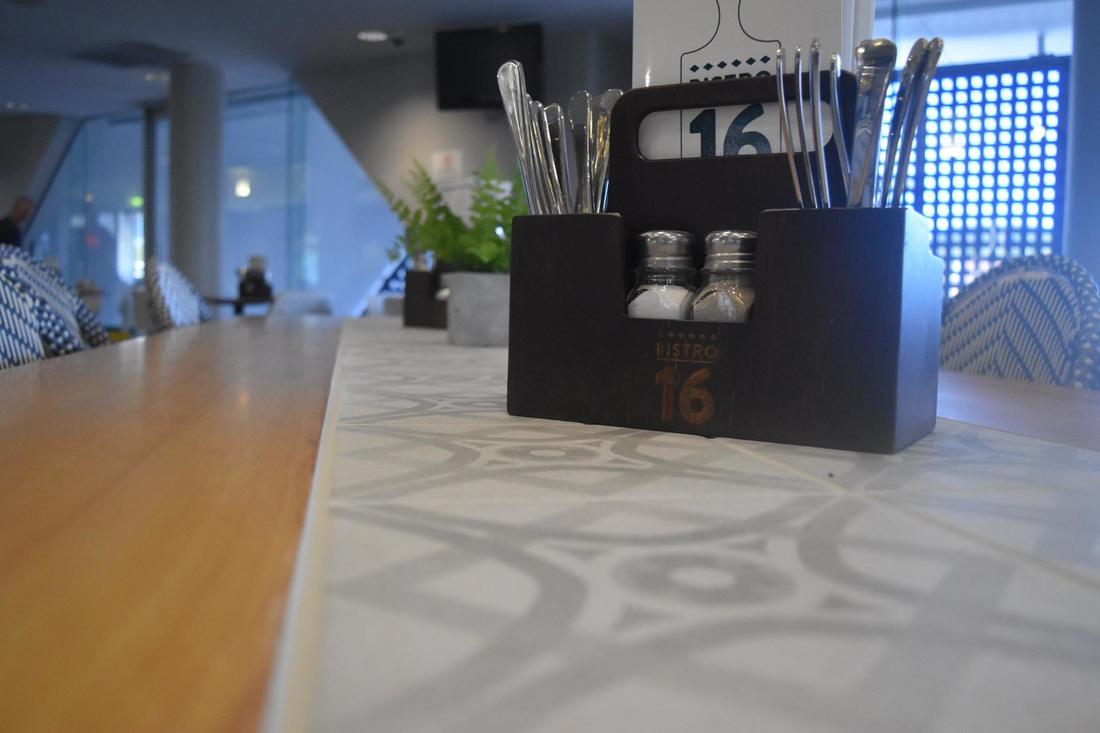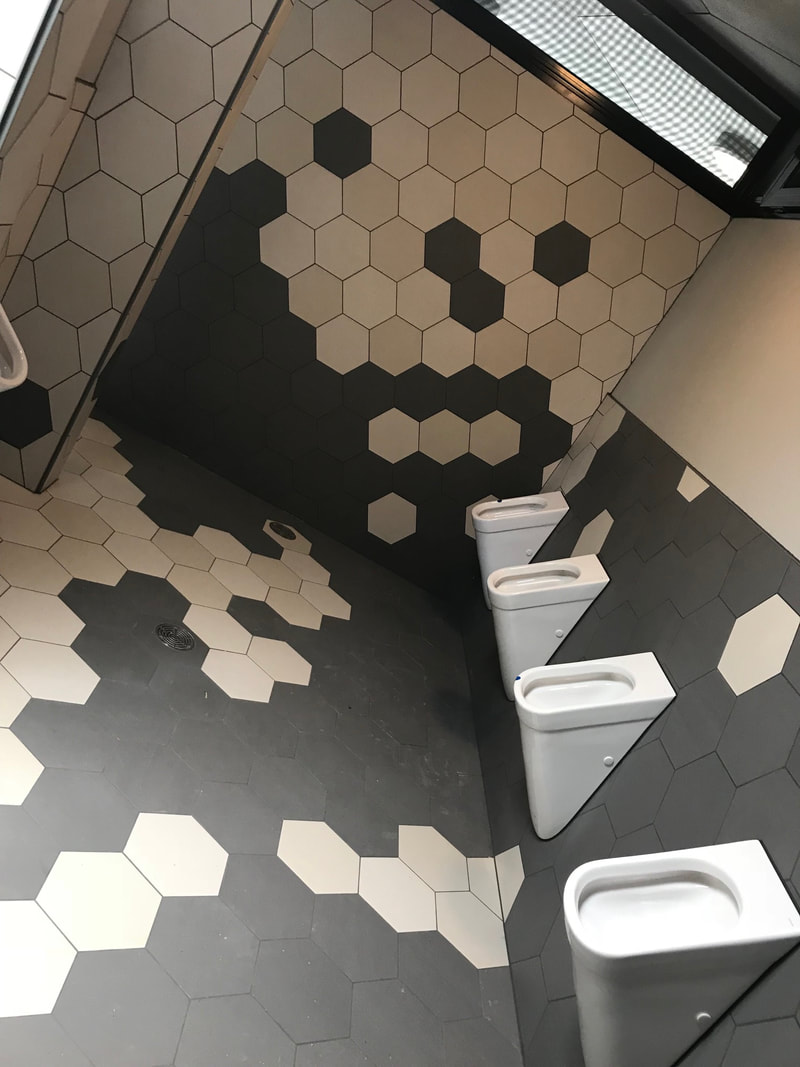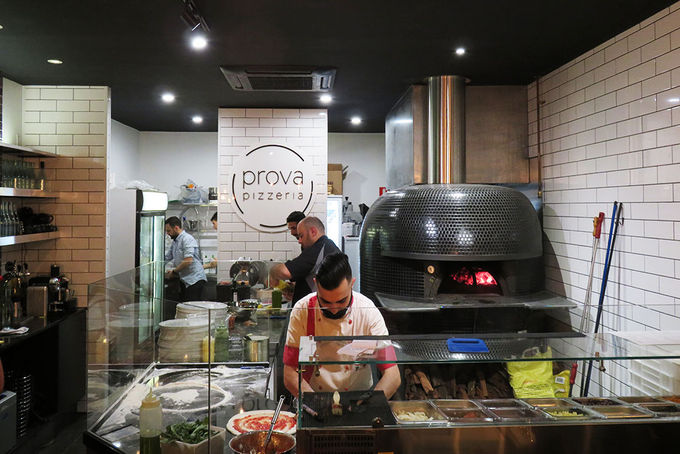- Home
-
Tiles
- Brick Look Tiles >
- Concrete Look Tiles >
- Steel Look Tiles >
-
Decorative Tiles
>
- 3D Feature Tiles >
- Aged, Worn & Antique Look Tiles
- Capping, Listello and Pencil Tiles
- Chevron Tiles
- Embossed Feature Tiles
- Feature Tiles
- Fish Scale Tiles
- Floral Tiles >
- Flute Tiles
- Geometric Tiles >
- Herringbone Tiles
- Kit Kat Look Tiles
- Lantern Tiles
- Penny Round Look Tiles
- Popsicle Look Tiles
- Retro & Funky Look Tiles
- Tessellated Tiles
- French Pattern Tiles >
-
Hand Made Look Tiles
>
-
Square - Hand Made Look Tiles
>
- Beige - Square Hand Made Look Tiles
- Black - Square Hand Made Look Tiles
- Blue - Square Hand Made Look Tiles >
- Colour - Square Hand Made Look Tiles
- Green - Square Hand Made Look Tiles >
- Grey Scale - Square Hand Made Look Tiles
- Patterned - Hand Made Look Tiles
- Pink - Square Hand Made Look Tiles
- Red - Square Hand Made Look Tiles
- Terracotta - Square Hand Made Look Tiles
- White - Square Hand Made Look Tiles
- Yellow - Square Hand Made Look Tiles
-
Subway - Hand Made Look Tiles
>
- Black - Subway Hand Made Look Tiles
- Blue - Subway Hand Made Look Tiles >
- Colour - Subway Hand Made Look Tiles
- Green - Subway Hand Made Look Tiles >
- Grey Scale - Subway Hand Made Look Tiles
- Pink - Subway Hand Made Look Tiles
- Red - Subway Hand Made Look Tiles
- Terracotta - Subway Hand Made Look Tiles
- White - Subway Hand Made Look Tiles
- Yellow - Subway Hand Made Look Tiles
-
Square - Hand Made Look Tiles
>
-
Marble Look Tiles
>
- Neutral & Plain Tiles >
-
Pattern Tiles
>
- 3D Look - Pattern Tiles
- Aged, Weathered and Worn - Pattern Tiles
- Black & White - Pattern Tiles
- Circular - Pattern Tiles
- Colonial & Heritage - Pattern Tiles
- Geometric - Pattern Tiles
- Made to Order - Pattern Tiles >
- Mediterranean & Moroccan - Pattern Tiles
- Modern & Contemporary - Pattern Tiles
- Multi Pattern - Pattern Tiles
- Star Shape - Pattern Tiles
- Terrazzo Look - Pattern Tiles
- Wall Only - Pattern Tiles
-
Stone Look Tiles
>
- Actinolite & Chlorite - Stone Look Tiles
- Black - Stone Look Tiles
- Bluestone - Look Tiles
- Bronzite - Stone Look Tiles
- Dark - Stone Look Tiles
- Decorative - Stone Look Tiles >
- Granite - Stone Look Tiles
- Ivory - Stone Look Tiles
- Light - Stone Look Tiles
- Limestone Look - Stone Tiles >
- Sandstone - Look Tiles
- Slate - Look Tiles
- Washed - Stone Look Tiles >
- Weathered Stone Look Tiles
- White - Stone Look Tiles
-
Subway Tiles
>
- Arrowhead - Subway Tiles
- Bevelled - Subway Tiles
- Black - Subway Tiles
- Blue - Subway Tiles >
- Brown - Subway Tiles
- Colour - Subway Tiles
- Concrete - Look Subway Tiles
- Decorative - Subway Tiles
- Embossed - Subway Tiles
- Green - Subway Tiles >
- Grey - Subway Tiles >
- Ivory & Beige - Subway Tiles
- Lookalike - Subway Tiles
- Pattern - Subway Tiles
- Purple - Subway Tiles
- Orange - Subway Tiles
- Pink - Subway Tiles
- Red - Subway Tiles
- Travertine Look- Subway Tiles
- Weathered or Worn - Subway Tiles
- White - Subway Tiles >
- Talavera Tiles >
- Terracotta Tiles >
- Terrazzo Look Tiles >
- Timber Look Tiles >
-
Travertine Look Tiles
>
-
Mosaic Tiles
- Chevron Mosaic Tiles
- Feather Mosaic Tiles >
-
Finger | Kit Kat Mosaic Tiles
>
- Black - Finger | Kit Kat Mosaic Tiles
- Blue - Finger Mosaic Tiles >
- Colour - Finger | Kit Kat Mosaic Tiles
- Green - Finger Mosaic Tiles >
- Grey Scale - Finger or Kit Kat Mosaic Tiles
- Natural Stone - Finger | Kit Kat Mosaic Tiles
- Pink - Finger | Kit Kat Mosaic Tiles
- White - Finger | Kit Kat Mosaic Tiles
- Fish Scale | Scallop | Mermaid | Fan Mosaic Tiles >
- General | Mosaic Tiles
-
Geometric Mosaic Tiles
>
- Black - Geometric Mosaic Tiles
- Blue & Green - Geometric Mosaic Tiles
- Colour - Geometric Mosaic Tiles
- Dark Marble Look - Geometric Mosaic Tiles
- Beige - Geometric Mosaic Tiles
- Metallic - Geometric Mosaic Tiles
- Pink, Red & Orange - Geometric Mosaic Tiles
- White - Geometric Mosaic Tiles
- White Marble Look - Geometric Mosaic Tiles
- White Marble Decorator Geometric Mosaic Tiles
- Glass Mosaic Tiles >
-
Herringbone Mosaic Tiles
>
- Black - Herringbone Mosaic Tiles
- Black Marble Look - Herringbone Mosaic Tiles
- Blue & Green - Herringbone Mosaic Tiles
- Colour - Herringbone Mosaic Tiles
- Pink & Red - Herringbone Mosaic Tiles
- Timber Look - Herringbone Mosaic Tiles
- White - Herringbone Mosaic Tiles
- White Marble Look - Herringbone Mosaic Tiles
- Lantern Mosaics
- Metallic | Mosaic Tiles
- Mosaic Tile Murals >
-
Penny Round Mosaic Tiles
>
- Black - Penny Round Mosaic Tiles
- Black Marble Look - Penny Round Mosaic Tiles
- Blue - Penny Round Mosaic TIles
- Colour - Penny Round Mosaic Tiles
- Green - Penny Round Mosaic Tiles
- Grey Penny Round Mosaic Tiles
- Metallic - Penny Round Mosaic Tiles
- Pink - Penny Round Mosaic Tiles
- White - Penny Round Mosaic Tiles
- White Marble Look - Penny Round Mosaic Tiles
- Pebble | Mosaic
- Stone & Marble Look Mosaic Tiles >
- Tessellated Mosaic Tiles
-
Pool Tiles
-
Pool Coping & Nosing Tiles
>
-
Pool Tile Mosaics
>
- Anti Slip - Pool Tile Mosaics >
- Black - Pool Tile Mosaics
- Blue Pool Tile Mosaics >
- Brown - Pool Tile Mosaics
- Colour - Pool Tile Mosaics
- Corner & Coving - Pool Tile Mosaics >
- Decorative - Pool Tile Mosaics >
- Glow in the Dark - Pool Tile Mosaics >
- Green - Pool Tile Mosaics >
- Grey - Pool Tile Mosaics
- Metallic - Pool Tile Mosaics >
- Murals - Pool Tile Mosaics >
- Pattern - Pool Tile Mosaics
- Pink - Pool Tile Mosaics
- Orange - Pool Tile Mosaics
- Red - Pool Tile Mosaics
- Stone Look Pool Tile Mosaics >
- White - Pool Tile Mosaics
- Yellow - Pool Tile Mosaics
-
Pool Coping & Nosing Tiles
>
- Pavers
-
Porcelain Slabs
- Hybrid Planks
- Laminate
- Vinyl
-
More Products
-
ABOUT US
- About
-
Services
>
- Architects
- Builders
- Colour Consult
- Home Owners
- Pool Builders
- Tilers
- Tile Selection
- Tile Specification
- Interior Designers
- Inspiration >
- Insurance Tiles
-
Tile Knowledge
>
-
After Installation
>
- Before Installation >
- Blog
- Commercial Tile Guides >
-
FAQ
>
- Are Tiles Cold
- HOW MANY TILES SHOULD I ORDER?
- How to Match Existing Tiles
- What is the difference between glazed and unglazed porcelain tile?
- What Tile Grout Joint Should I Use?
- Why are some of my tiles uneven
- Why Are There Stains On My Polished Porcelain Tiles
- Why do my tiles have small cracks?
- Why Do My Tiles Appear Different To What Was Ordered
- Why Have I Received Wrong or Damaged Tiles
- Health & Safety
- Tile Applications >
-
Tile Facts
>
-
Tile Installation
>
- Tile Partners
- Tile Standards and Codes >
- Why Choose Tiles >
-
After Installation
>
- Careers
- Contact
In the hospitality and recreation industries, aesthetically pleasing and welcoming areas are an extremely important component for customer satisfaction.
The ambience is a memorable feature that needs to be well designed to enhance customer experience. It is a difficult task to balance beautiful design, quality, safety and any regulatory requirements when designing these spaces, a formula that is hard to master.
Tile flooring offers superior quality that can be as beautiful and as they are practical and sustainable. Tiles today are currently installed by hand, which allows versatility and precision when customising any space. Whether the setting is designing for business customers, romantic getaways, foodies or group activities, tiles offer a great choice for design.
The ambience is a memorable feature that needs to be well designed to enhance customer experience. It is a difficult task to balance beautiful design, quality, safety and any regulatory requirements when designing these spaces, a formula that is hard to master.
Tile flooring offers superior quality that can be as beautiful and as they are practical and sustainable. Tiles today are currently installed by hand, which allows versatility and precision when customising any space. Whether the setting is designing for business customers, romantic getaways, foodies or group activities, tiles offer a great choice for design.
Hotels
Hotels need to take into consideration a wide variety of customers when designing their space. From vacationers, conferences, romantic getaways and business travelers, tiles will have an answer. Ceramic and porcelain tile can meet the requirements of any design that can blend in, compliment design or catch the eye.
|
The design of a hotel provide a great first and lasting impression if the flooring is durable and easy to clean, surviving the high foot traffic of the lobby of guests and luggage alike. Tiles are perfectly suited for high traffic areas like the lobby and external entrances. The mold, grime, stain and scratch resistant properties of tiles ensure the surface can be easily maintained and remain unchanged in quality and aesthetics.
Tile is hypoallergenic and resistant to fungi, mold and bacteria. This means guests will feel healthy and clean whens surrounded by tiles at the hotel pool and bathrooms. Hotel turnovers are also made easier with the application of floor tiles. Tile also makes clean-up and maintenance easy in comparison to carpet, timber and laminate, allowing staff to easily control and remove contaminants with greater ease. This is because tile is stain and odour resistant with its super low porosity of 0.5%. Safety is also an important consideration for hotel designers. With so many different settings within a hotel such as restaurants, lobby, guest rooms, swimming pools and more, designers need to consider all the risks involved. Tiles offer anti slip surfaces and textures to assist designers reduce the risk of slips and falls for both staff and guests. |
The CSIRO HB197 and Australian Standards AS/NZS 4586 require the following specific anti slip ratings for hotels:
- Hotel and Restaurant Kitchens (up to 100 meals per day): R11
- Hotel and Restaurant Kitchens (more than 100 meals per day): R12
- Entry Foyers hotel, office, public buildings (wet): R10
- Entry Foyers hotel, office, public buildings (dry): R9
- Lift lobbies above external entry level: R9
- Toilet facilities in offices, hotels, shopping centres: R10
- Rooms with washing machines for washing laundry with water: R11
- Ironing rooms: R9
Restaurants
Tile offers design flexibility and durability for restaurants & bars
A well designed restaurant can be the draw card for guests that feel comfortable in the atmosphere created by the design. Whether a restaurant is designed to exude luxury, provide a rustic charm or make us feel at home, the versatility of tiles can assist. There is not better material to use for promote a design theme than tile, with thousands of colours, textures and styles available in a range of sizes.
The versatility of tile gives you free range to design a sumptuous environment. Tile serves up consistency from indoor to outdoor dining spaces, as well as fire and frost resistance and non-slip parings for commercial kitchens.
A well designed restaurant can be the draw card for guests that feel comfortable in the atmosphere created by the design. Whether a restaurant is designed to exude luxury, provide a rustic charm or make us feel at home, the versatility of tiles can assist. There is not better material to use for promote a design theme than tile, with thousands of colours, textures and styles available in a range of sizes.
The versatility of tile gives you free range to design a sumptuous environment. Tile serves up consistency from indoor to outdoor dining spaces, as well as fire and frost resistance and non-slip parings for commercial kitchens.
|
The flooring types used in restaurants across Australia vary depending on the target market, position and cuisine offered.
One thing that all these restaurants have in common is that the type of flooring used must meet Australian Standards, be safe, look good and have durability to withstand public foot traffic, commercial grade kitchen work and food preparation. It is a well-known fact that vitrified or glazed porcelain tiles are the most durable and easily maintained flooring and wall solution in today’s current market. Porcelain tiles have a porosity (water retention rate) of less than 0.5 percent, making them immune to any sauce, oil or other liquid spills in the kitchen. In a restaurant application, we believe that the aesthetics of the restaurant is a major deciding factor for customers. This means that the importance of having a low maintenance and durable flooring solution is critical to maintaining restaurant aesthetics. One thing is for certain though, with the massive array of different tile types, such as marble, timber, Moroccan, stone, travertine, polished, matte, and much more, there is no limitation in the tile market when it comes designing a style that suits a restaurant. |
|
Commercial grade kitchens require extremely safe and durable flooring solutions. Porcelain tiles are also highly recommended for commercial kitchens for the same reasons as mentioned above.
A porcelain tile’s low porosity means the tile will not absorb spills or leaks which occur daily that most other flooring products would otherwise absorb and or permanently stain. A porcelain tile’s durability will also ensure the floor can withstand the high foot traffic of busy chefs and staff as well as the dragging of heavy kitchen equipment. When selecting tiles for the commercial kitchen, designers must ensure that the tiles are either fully vitrified porcelain tiles or porcelain tiles with a glaze. Unglazed tiles are not suitable for such applications and would be too porous for a commercial setting. |
The CSIRO HB197 and Australian Standards AS/NZS 4586 specify two different slip ratings for commercial settings depending on the number of meals served per day.
There are also specified slip rating requirements for cold storage rooms in restaurants. These include:
It is important to ensure the builder, site manager and owner are aware of the above slip ratings when choosing a flooring application. It is also critical that a slip test be conducted on all tiles supplied before installation to ensure that the tiles meet AS 4586. This will ensure that the restaurant is meeting code and doing its best to ensure a safe working environment for staff.
- For kitchens that create up to 100 meals a day, the flooring must meet a R11 slip rating.
- For kitchens that create more than 100 meals a day, the flooring must meet a R12 slip rating.
There are also specified slip rating requirements for cold storage rooms in restaurants. These include:
- R12 rating for storage rooms which contain unpacked goods.
- R11 rating for storage rooms that contain packed goods.
It is important to ensure the builder, site manager and owner are aware of the above slip ratings when choosing a flooring application. It is also critical that a slip test be conducted on all tiles supplied before installation to ensure that the tiles meet AS 4586. This will ensure that the restaurant is meeting code and doing its best to ensure a safe working environment for staff.
|
Porcelain tiles are the perfect solution for restaurant dining area floors. Porcelain tiles are one of the hardest flooring products available and their glazed surface makes them resistant to scratches, moisture, chips and fading. This means that the flooring can be easily cleaned using any household products.
With an equivelant strength of Topaz or Quartz on the Hardness Scale, tile is a great durable choice for dining room flooring. The CSIRO HB197 and Australian Standards AS/NZS 4586 require restaurant floors to install a flooring product that has a slip rating of R9. The R9 slip rating is one of the most common slip ratings in the tile industry, so restaurants will never have difficulty finding a porcelain tile that is suitable for a dining room application. |
|
Public use and commercial bathrooms are used very often and subject to heavy footfall. As mentioned above, the natural characteristics of porcelain make it the best flooring solution. With low porosity, ease of cleaning and durability, porcelain tiles are ideal for commercial bathroom applications.
The CSIRO HB197 and Australian Standards AS/NZS 4586 does not specifically mention a slip rating for restaurant bathrooms, however we can use other bathroom mentions to imply a standard. The AS 4586 specifies an R10 slip rating flooring solution for toilet facilities installed in hotels, we can use this as a guide for restaurants. This means that almost all porcelain tiles available on the market can be used as a commercial bathroom flooring solution in a wide variety of sizes, formats and styles. Overall it seems that porcelain tiles are a great solution for restaurant flooring. Porcelain tiles are capable of covering all practical and required necessities for restaurants including providing safe flooring, beautiful designs and practical commercial grade uses. Porcelain tiles are capable of being commercial grade while also aesthetically pleasing to attract customers. For the best flooring solutions for your restaurant, think about porcelain tiles. |
Cafes & Food Outlets
|
Café culture is a thing and its atmosphere is one of the most important factors to a cafe's success.
Whether a café or food outlet is aiming for crisp modern feel, rustic charm or organic influence, there are tiles to help cafes or food outlets achieve their theme. Cafes have become more of a grab and go outlet to a place for networking, connecting and escaping life's problems. The choice of flooring in both design, safety and fit for purpose is ever so important in contemporary cafes and food outlets. |
Ceramic and porcelain tiles can be used wall to wall (literally) in any setting to design any atmosphere that is unique and with the ease of maintenance and the durability to withstand a variety of uses. There is no need to be concerned about chairs or tables being dragged around to configure table settings, tiles are strong and durable enough to maintain their aesthetics.
There is no need to be concerned about coffee spills or condiment mishaps as tiles have a very long porosity rate which makes them odour and stain resistant.
Where cooking is involved, there is no need to be concerned about tile being a fire hazard. Tiles offer uncompromising safety without sacrificing style. Tiles are fireproof, they will not catch on fire, emit gas or smoke or be tarnished by flames.
There is no need to be concerned about coffee spills or condiment mishaps as tiles have a very long porosity rate which makes them odour and stain resistant.
Where cooking is involved, there is no need to be concerned about tile being a fire hazard. Tiles offer uncompromising safety without sacrificing style. Tiles are fireproof, they will not catch on fire, emit gas or smoke or be tarnished by flames.
Tiles can also enhance safety and meet regulatory anti slip requirements. Tiles are available in a range of ant slip surfaces and textures that reduce the risk of slips and falls, helping cafes and food outlets design safe workplaces and protect customers.
The CSIRO HB197 and Australian Standards AS/NZS 4586 require the following specific anti slip ratings for cafes and food outlets:
The CSIRO HB197 and Australian Standards AS/NZS 4586 require the following specific anti slip ratings for cafes and food outlets:
- Dinings Rooms, Guest Rooms, Canteens including serving counters: R9
- Washing-up Rooms for Hotel and Restaurant Kitchens: R11
- Coffee and Tea Kitchens, Kitchens in guest houses: R10
- Fast food kitchens, snack bars: R12
- Beverage bottling, fruit juice production: R11
- Fast food outlets, buffet food servery areas: R10
From hotel foyers, cafe lounges to food outlet kitchens, the long lasting benefits of tile deliver for all hospitality settings. Tile flooring provides uncompromising safety, durability, low maintenance and strength with out sacrificing style. Tile also offers a green and eco friendly flooring solution as tile is free from VOC, formaldehyde and PVCs while also being a hypoallergenic product.
Designers are able to create the ideal cafe or food outlet using ceramic and porcelain tile.
For more information on the qualities and benefits of tiles click here.
Designers are able to create the ideal cafe or food outlet using ceramic and porcelain tile.
For more information on the qualities and benefits of tiles click here.
(07) 5596 1916
83 Lawrence Drive Nerang QLD 4211
Showroom Opening Hours
Monday - Thursday |
8:00 AM - 5:00 PM |
Friday |
8:00 AM - 4:30 PM |
Saturday |
8:30 AM - 12:00 PM |
Sunday |
CLOSED |
Public Holidays |
CLOSED |
You'll be smiling, doing your tiling, when you shop at
Most awarded Queensland Tile Showroom
Experience the beauty and quality of Nerang Tiles - the leading tile supplier on the Gold Coast.
Our wide range of high-quality tiles, including mosaic, swimming pool, marble look, concrete look, hand-made look, and more, are perfect for adding a touch of elegance and style to any room in your home or commercial space. We provide tile selection, design and sample services for all your tile needs. Contact us today and let us help you transform your space. Follow us on social media for the latest tile trends and inspiration. Proudly serving the Gold Coast and Brisbane.
Voted Best Tile Showroom, Nerang Tiles hosts one of the largest Australian tile showrooms displaying thousands of floor tiles and wall tiles at discount prices at its Gold Coast Tile Showroom.
The Nerang Tiles Website is a gallery snapshot only. Displaying a sneak preview of the thousands of tiles on display at its Gold Coast Tile Showroom. Visit in store to see the full range and take advantage of the Nerang Tiles expert team.
Nerang Tiles is a one stop tile showroom, providing colour and design consultation to assist builders, architects, retail and interior designers tile all areas from floors, walls, bathrooms, kitchens, pools, outdoor areas, offices to driveways.
Showcasing the latest in tile design and interior tile trends, including all classic and traditional tile designs, Nerang Tiles has it all. Some of the tiles available include tiles suitable as kitchen tiles, bathroom tiles, floor tiles, wall tiles, outdoor tiles, pool tiles, feature tiles and much more.
Tile Types available at Nerang Tiles: Bathroom Tiles, Kitchen Tiles, Pool Tiles, Outdoor Tiles, Wall Tiles, Floor Tiles, Feature Tiles, Timber Look Tiles, Marble Look Tiles, Stone Look Tiles, Concrete Look Tiles, Pattern Tiles, Mosaic Tiles, Stone Veneer Cladding, Cladding Tiles, Brick Look Tiles, Subway Tiles, Talavera Tiles, Capping Tiles, Listello Tiles, Pencil Tiles, Vinyl Tiles, Safety Tiles, Geometric Tiles, Tessellated Tiles, Mercatto Tiles, Terracotta Tiles, Anti Slip Tiles, Commercial Tiles, Textured Tiles, Sealed Tiles, Structured Tiles, Scored Tiles, Pressed Edge Tiles, Rectified Tiles, Vitrified Tiles, Step Tread Tiles, Coving Tiles, Bullnosed Tiles, Glazed Tiles, Bejmat Tiles, Zellige Tiles, Kit Kat Tiles, Finger Tiles, Unglazed Tiles, Floral Tiles, French Pattern Tiles, Terrazzo Look Tiles, Glow in the dark Tiles, Glass Tiles, Encaustic Tiles, Mosaic Tile Murals, Pool Mosaic Murals, Porcelain Paver Tiles and much more.
You are sure to be smiling doing your tiling when you shop at Nerang Tiles.
Find more tile inspiration for your wall tiling or floor tiling through the Nerang Tiles' Pinterest Page, Instagram Page, Houzz Profile or Facebook Page. The Nerang Tiles Social Media pages are constantly updated with new tiles arriving in store and designed inspiration from tile factories and customers for our viewing pleasure.
*Photos are an indication of colour only. Actual goods may vary from images shown due to device display settings, product batch variations and fine detail, and may not be available. Please contact Nerang Tiles to check availability, request samples or view display items .
Information on this website is to be used as a guide only and should not be taken to constitute current professional advice or a formal recommendation and we exclude all representation and warranties in relation to the content of this website. All consumers should seek professional advice through their local Builder's Association for specific, current and individual application.
Our wide range of high-quality tiles, including mosaic, swimming pool, marble look, concrete look, hand-made look, and more, are perfect for adding a touch of elegance and style to any room in your home or commercial space. We provide tile selection, design and sample services for all your tile needs. Contact us today and let us help you transform your space. Follow us on social media for the latest tile trends and inspiration. Proudly serving the Gold Coast and Brisbane.
Voted Best Tile Showroom, Nerang Tiles hosts one of the largest Australian tile showrooms displaying thousands of floor tiles and wall tiles at discount prices at its Gold Coast Tile Showroom.
The Nerang Tiles Website is a gallery snapshot only. Displaying a sneak preview of the thousands of tiles on display at its Gold Coast Tile Showroom. Visit in store to see the full range and take advantage of the Nerang Tiles expert team.
Nerang Tiles is a one stop tile showroom, providing colour and design consultation to assist builders, architects, retail and interior designers tile all areas from floors, walls, bathrooms, kitchens, pools, outdoor areas, offices to driveways.
Showcasing the latest in tile design and interior tile trends, including all classic and traditional tile designs, Nerang Tiles has it all. Some of the tiles available include tiles suitable as kitchen tiles, bathroom tiles, floor tiles, wall tiles, outdoor tiles, pool tiles, feature tiles and much more.
Tile Types available at Nerang Tiles: Bathroom Tiles, Kitchen Tiles, Pool Tiles, Outdoor Tiles, Wall Tiles, Floor Tiles, Feature Tiles, Timber Look Tiles, Marble Look Tiles, Stone Look Tiles, Concrete Look Tiles, Pattern Tiles, Mosaic Tiles, Stone Veneer Cladding, Cladding Tiles, Brick Look Tiles, Subway Tiles, Talavera Tiles, Capping Tiles, Listello Tiles, Pencil Tiles, Vinyl Tiles, Safety Tiles, Geometric Tiles, Tessellated Tiles, Mercatto Tiles, Terracotta Tiles, Anti Slip Tiles, Commercial Tiles, Textured Tiles, Sealed Tiles, Structured Tiles, Scored Tiles, Pressed Edge Tiles, Rectified Tiles, Vitrified Tiles, Step Tread Tiles, Coving Tiles, Bullnosed Tiles, Glazed Tiles, Bejmat Tiles, Zellige Tiles, Kit Kat Tiles, Finger Tiles, Unglazed Tiles, Floral Tiles, French Pattern Tiles, Terrazzo Look Tiles, Glow in the dark Tiles, Glass Tiles, Encaustic Tiles, Mosaic Tile Murals, Pool Mosaic Murals, Porcelain Paver Tiles and much more.
You are sure to be smiling doing your tiling when you shop at Nerang Tiles.
Find more tile inspiration for your wall tiling or floor tiling through the Nerang Tiles' Pinterest Page, Instagram Page, Houzz Profile or Facebook Page. The Nerang Tiles Social Media pages are constantly updated with new tiles arriving in store and designed inspiration from tile factories and customers for our viewing pleasure.
*Photos are an indication of colour only. Actual goods may vary from images shown due to device display settings, product batch variations and fine detail, and may not be available. Please contact Nerang Tiles to check availability, request samples or view display items .
Information on this website is to be used as a guide only and should not be taken to constitute current professional advice or a formal recommendation and we exclude all representation and warranties in relation to the content of this website. All consumers should seek professional advice through their local Builder's Association for specific, current and individual application.
